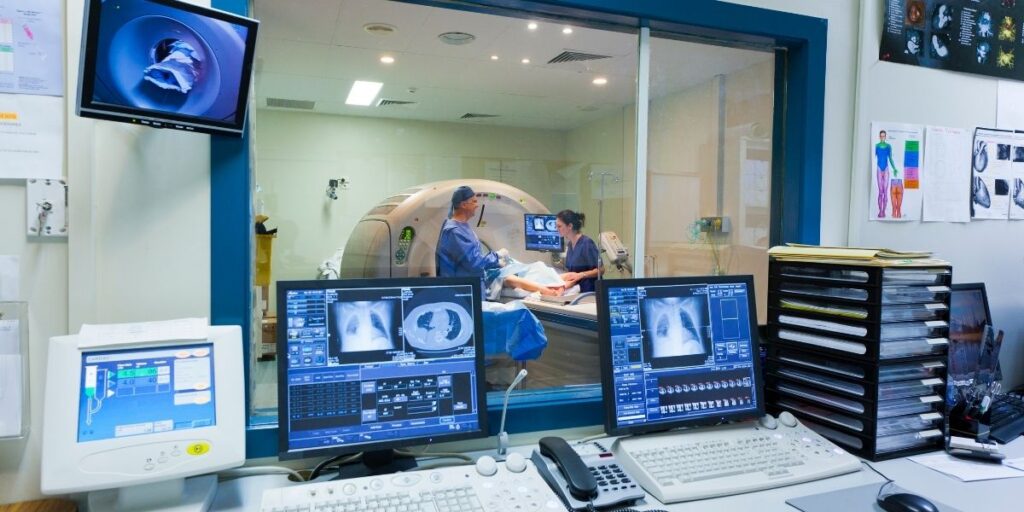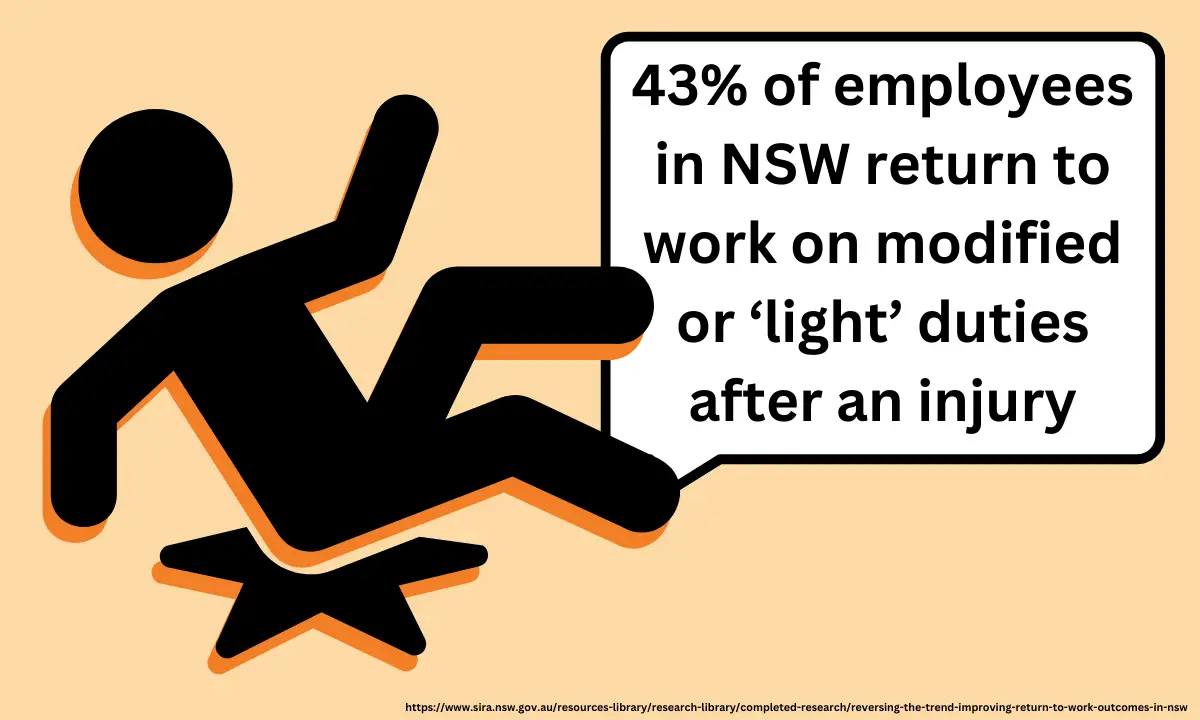
When injured during the course of employment, workers may be eligible to receive compensation under work health and safety laws in New South Wales and become entitled to various benefits including medical and rehabilitation expenses. The medical expenses that can be covered by the employer/insurer should be “reasonably necessary” and may include the following:
- Treatment by medical practitioners, physiotherapists, psychologists, counsellors, and osteopaths
- Domestic assistance services
- Damage to artificial aids
- Damage to clothing
- Rehabilitation services
- Ambulance treatment
- Modifications to home and vehicle
- Nursing
- Medications outside hospital
- Travel expenses for attending medical appointments
In general, the insurer should approve the treatments that the worker will undergo beforehand. However, the worker will not require the pre-approval of the insurer for expenses such as the initial treatment within 48 hours from the injury and the treatments in the emergency department of a public hospital.The insurer will test if the worker’s claim for recommended medical expenses is reasonably necessary by considering:
- if the treatment is necessitated as a result of the injury
- if the treatment will alleviate the pain and symptoms of the injury
- the availability of alternative treatment
When making a claim for compensation for medical expenses, the worker should provide the insurer with sufficient information so that the insurer can make a healthy decision regarding the reasonably necessary treatment. The provided information can include the workers compensation certificate of capacity, allied health recovery requests and the reports by the specialist. A treatment that is reasonably necessary for one worker may not be so for another.

For how long are you covered?
The entitlement period for compensation for medical costs will depend on whether the worker sustained a permanent impairment and the degree of it.
Workers with no or less than 10% permanent impairment can claim compensation for medical expenses for two years after weekly payments ceased or for two years from the date of the claim if no weekly payments were made.
Workers with more than 10 but less than 20% permanent impairment can claim medical costs for five years after weekly payments ceased or for five years from the date of the claim if no weekly payments were made.
If a worker’s permanent impairment is assessed being at 20% or more, the worker is classified as a worker with high needs and may be eligible to receive medical treatment compensation for life.

Issa Rabaya
• Bachelor of Laws
• Graduate Diploma in Legal Practice
• Approved Legal Service Provider to the Independent Review Office
• Member of the Law Society




